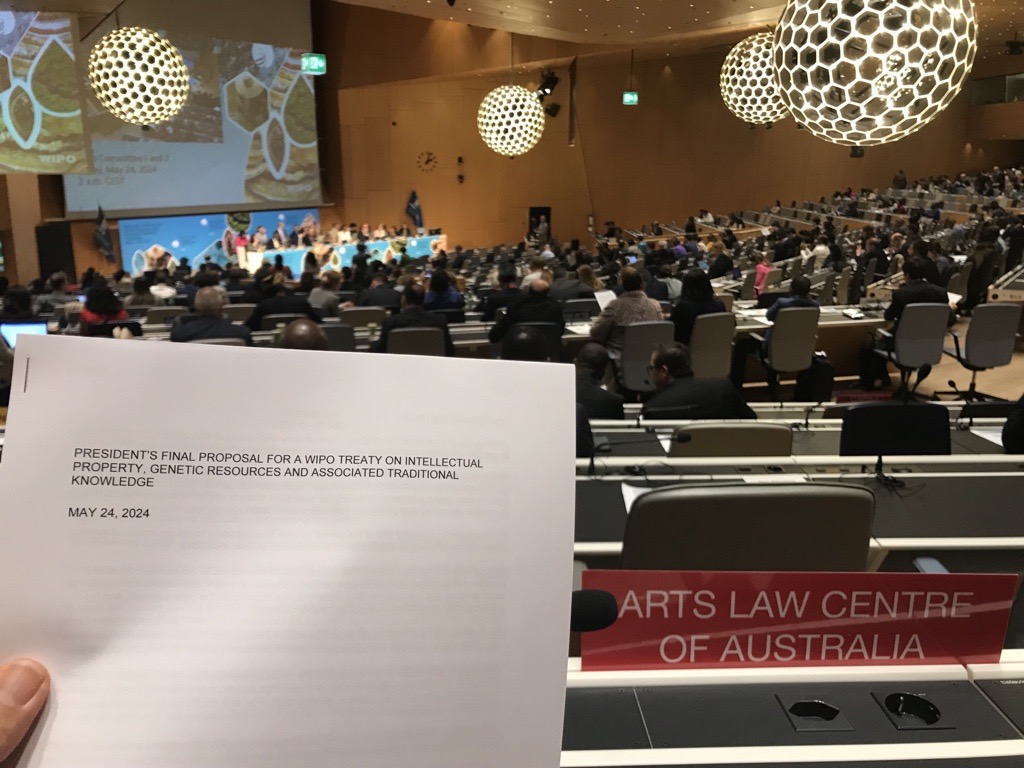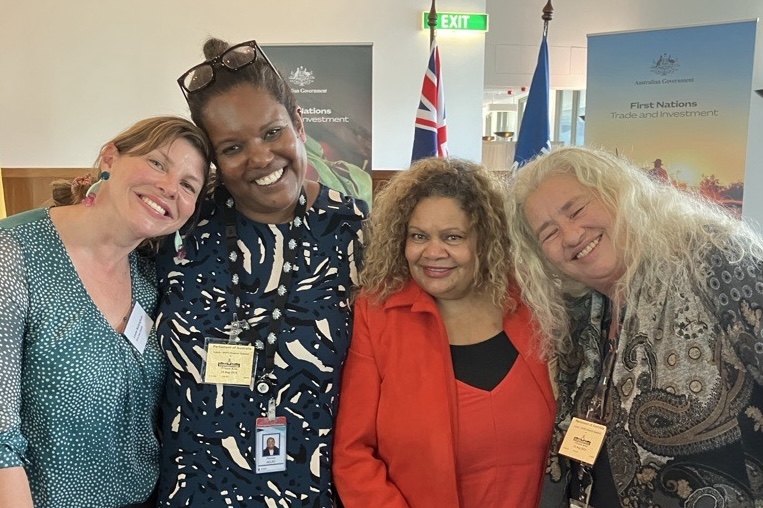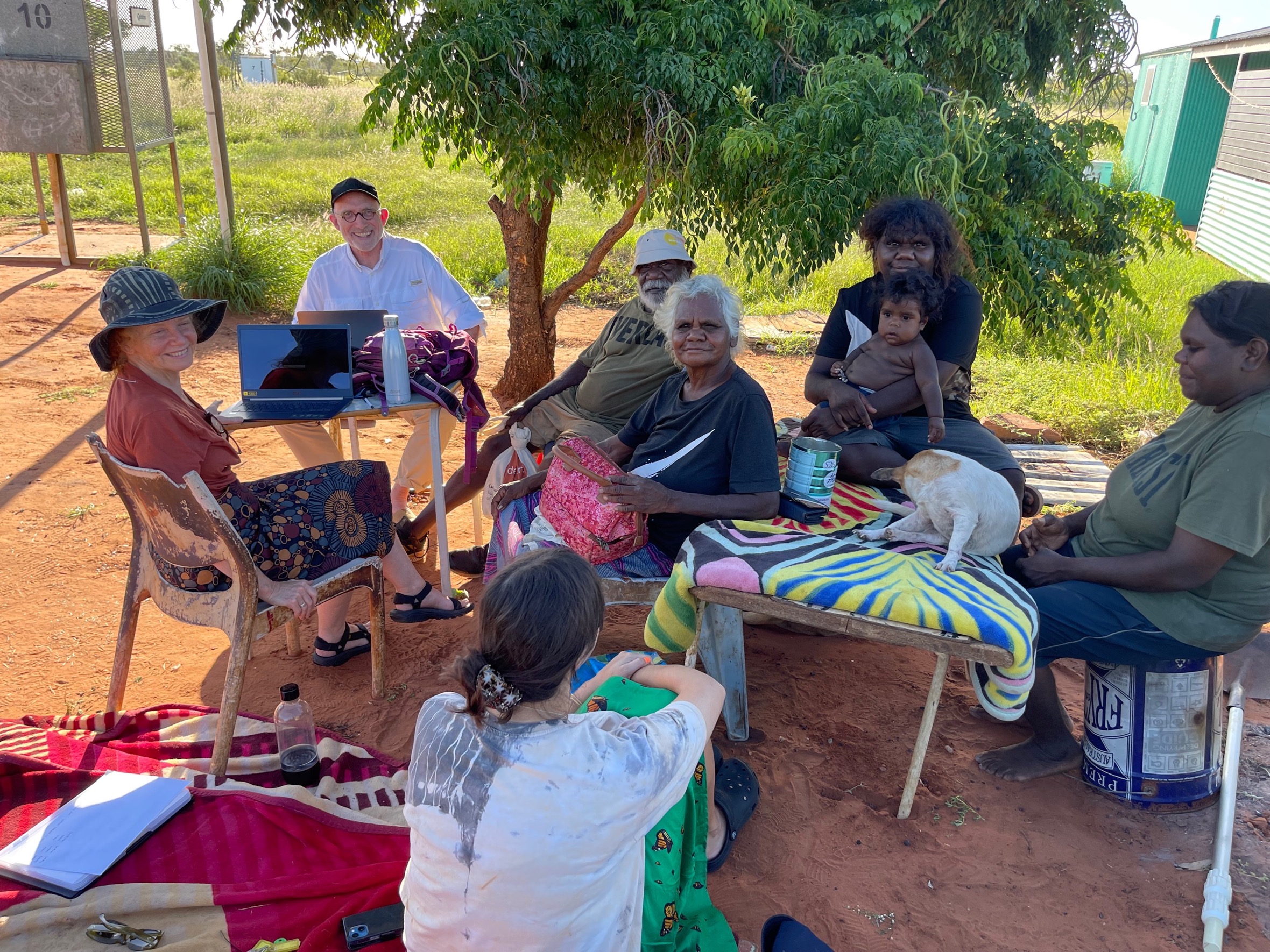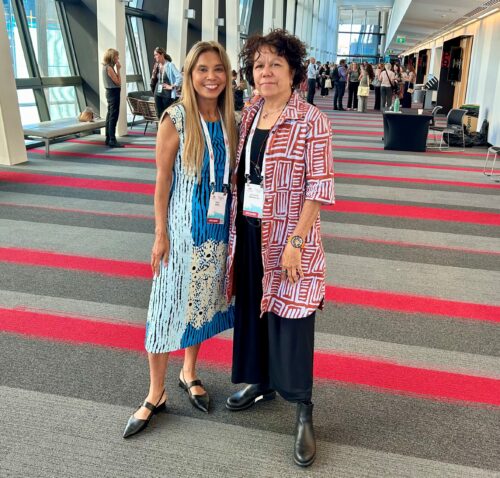First ratification of WIPO Intellectual Property, Genetic Resources and Associated Traditional Knowledge Treaty

The World Intellectual Property Organization (WIPO) recently reported that Malawi has ratified the WIPO Treaty on Intellectual Property, Genetic Resources and Associated Traditional Knowledge (the Treaty), making it the first member state to ratify the first WIPO Treaty “to address the interface between intellectual property, genetic resources and traditional knowledge”.
Arts Law is proud to have participated in this process over many years, culminating in the landmark event in May in which Jo-Anne Driessens represented our organisation and was a crucial member of the Indigenous Caucus. The Treaty will enter into force once 15 instruments of ratification or accession are received by the Director General of WIPO (if a member state has ratified a treaty, once it has been triggered to take effect, the ratifying country is legally bound to uphold it).
A member state signing a treaty means that it intends to pursue ratification. At the time of writing, the list of signatories to the Treaty includes Algeria, Bosnia and Herzegovina, Brazil, Burkina Faso, Cabo Verde, Central African Republic, Chile, Colombia, Congo, Côte d’Ivoire, Democratic People’s Republic of Korea, Dominican Republic, Eswatini, Gambia, Ghana, Indonesia, Lesotho, Madagascar, Malawi, Marshall Islands, Morocco, Namibia, Nicaragua, Niger, Nigeria, Niue, Paraguay, Peru, Saint Vincent and the Grenadines, Sao Tome and Principe, Senegal, South Africa, United Republic of Tanzania, Uruguay, Vanuatu, Zimbabwe. Again, so it’s clear: signing of itself doesn’t render a treaty legally binding. a State deposits an instrument of ratification or accession with the depositary (in this case the Director General of WIPO) and, if necessary, takes steps to enact legislation to implement the Treaty.
Here’s what Titus Mvalo, Malawi’s Minister of Justice, reportedly said about Malawi’s ratification:
“The conclusion of the WIPO Treaty on Intellectual Property, Genetic Resources and Associated Traditional Knowledge in May this year marked a momentous and historic step towards making the intellectual property system more balanced and inclusive. This Treaty will make the intellectual property system more relevant to our people and local communities. Malawi was therefore eager to ratify this important Treaty and I am proud that our country is the first to deposit its instrument of ratification.”
WIPO describes the significance of the Treaty:
“Broadly, where a claimed invention in a patent application is based on genetic resources, each contracting party shall require applicants to disclose the country of origin or source of the genetic resources. Where the claimed invention in a patent application is based on traditional knowledge associated with genetic resources, each contracting party shall require applicants to disclose the Indigenous Peoples or local community, as applicable, who provided the traditional knowledge.”

For Australia: once we’ve signed and ratified the Treaty and it’s in force, our patent examiners (in IP Australia), will need to note reference to genetic resources in the claims described in patent applications that they’re examining and require applicants to disclose this to the relevant “Indigenous Peoples or local community”.
Arts Law was honoured to celebrate the conclusion of the World Intellectual Property Organization’s (WIPO) Treaty on Intellectual Property, Genetic Resources and Associated Traditional Knowledge(GRATK Treaty) with the visiting Director General of WIPO, Mr Daren Tang, at Parliament House. Arts Law has participated in this forum over many years, and Arts Law’s Artists in the Black Coordinator Jo-Anne Driessens participated in the crucial final session of the IGC (intergovernmental committee on traditional knowledge, traditional cultural expressions, genetic resources and folklore), in Geneva in May. The outcome reflects the tenacity and persistence of the Indigenous Caucus over many years (24 in this forum, and countless before), as well as the skilful diplomacy of the WIPO TK Division under the direction of Wend Wendland, and the vision of friendly member states. Following Arts Law’s participation in related events throughout the year, such as the Indigenous Knowledge Forum Round Table 2024, held at University of Technology Sydney, Arts Law CEO, Dr Louise Buckingham along with artist Bibi Barba, have been invited to contribute a chapter to Natalie Stoianoff’s and Peter Yu’s forthcoming book on the subject.




